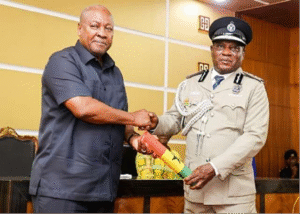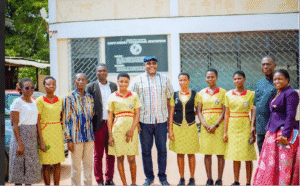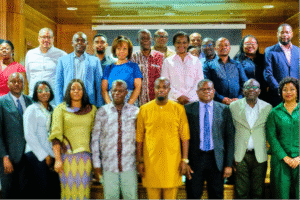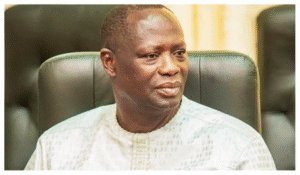
Photo: Group picture of officials from Congo and NPA
A delegation of petroleum regulators and marketers from the Democratic Republic of Congo is in Ghana to assess how the National Petroleum Authority has built one of the region’s more transparent and tightly run downstream sectors.
The visit centres on the NPA’s reforms and its growing reputation for tightening oversight, improving safety and cleaning up pricing and distribution. Ghana’s downstream sector has become a reference point for several African regulators looking to strengthen their systems.
Welcoming the team in Accra, the NPA Chief Executive, Godwin Kudzo Tameklo, said the decision to study Ghana’s model showed a clear interest in learning from more than two decades of regulatory experience.
He highlighted a series of policy and technological changes that have reshaped the sector, including the Bulk Road Vehicle Tracking System, which monitors tanker movements nationwide, and the Unified Petroleum Price Fund, which helps maintain uniform pump prices across the country.
According to Tameklo, such reforms have allowed the Authority to clamp down on diversion, strengthen consumer protection and improve cost transparency. He added that the downstream sector now contributes between eight and nine percent of Ghana’s GDP, supporting industries such as aviation and telecommunications.
“It is a pillar of the entire economy,” he said, urging the Congolese team to adapt what works for their context without “reinventing the wheel.”
Jacque Mayinga, who led the DRC delegation, said the group’s objective is to identify systems and practices that could help modernise regulation back home. He noted that the Congolese authorities are keen to build a more reliable framework for pricing, distribution and safety, and view the NPA as a useful case study.
The delegation is expected to hold meetings with multiple NPA departments and visit selected petroleum facilities before concluding its study tour.






